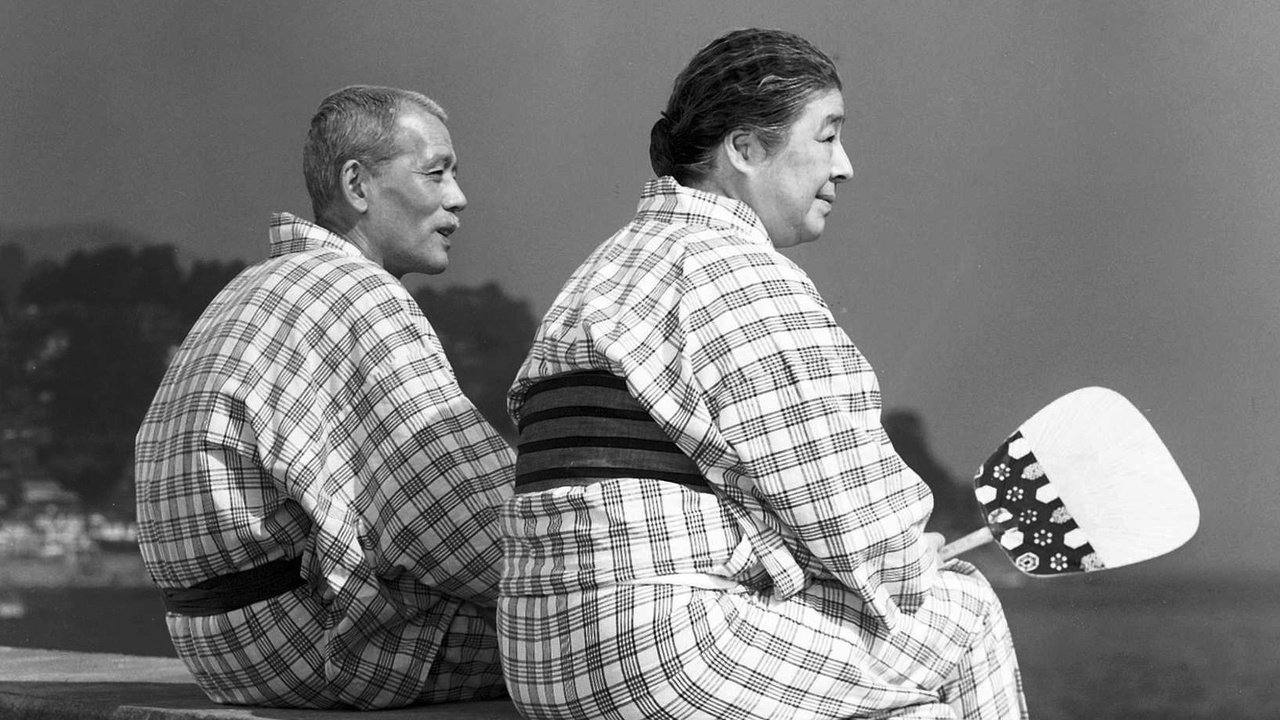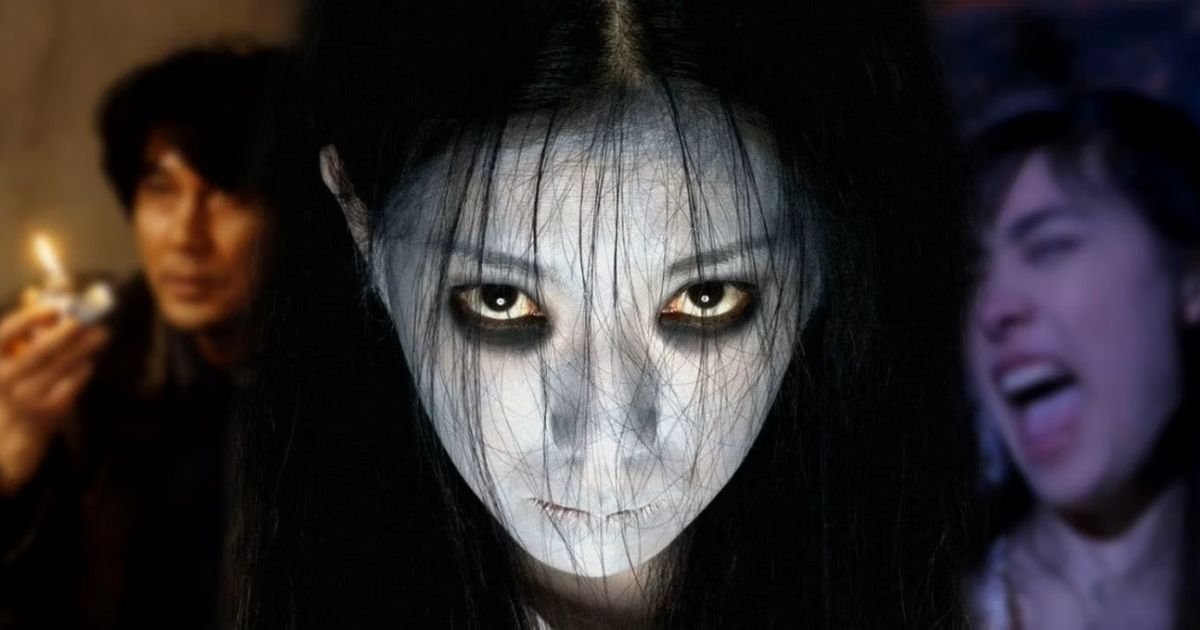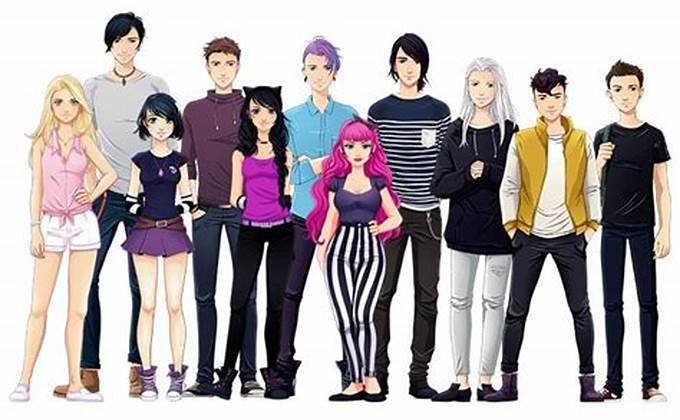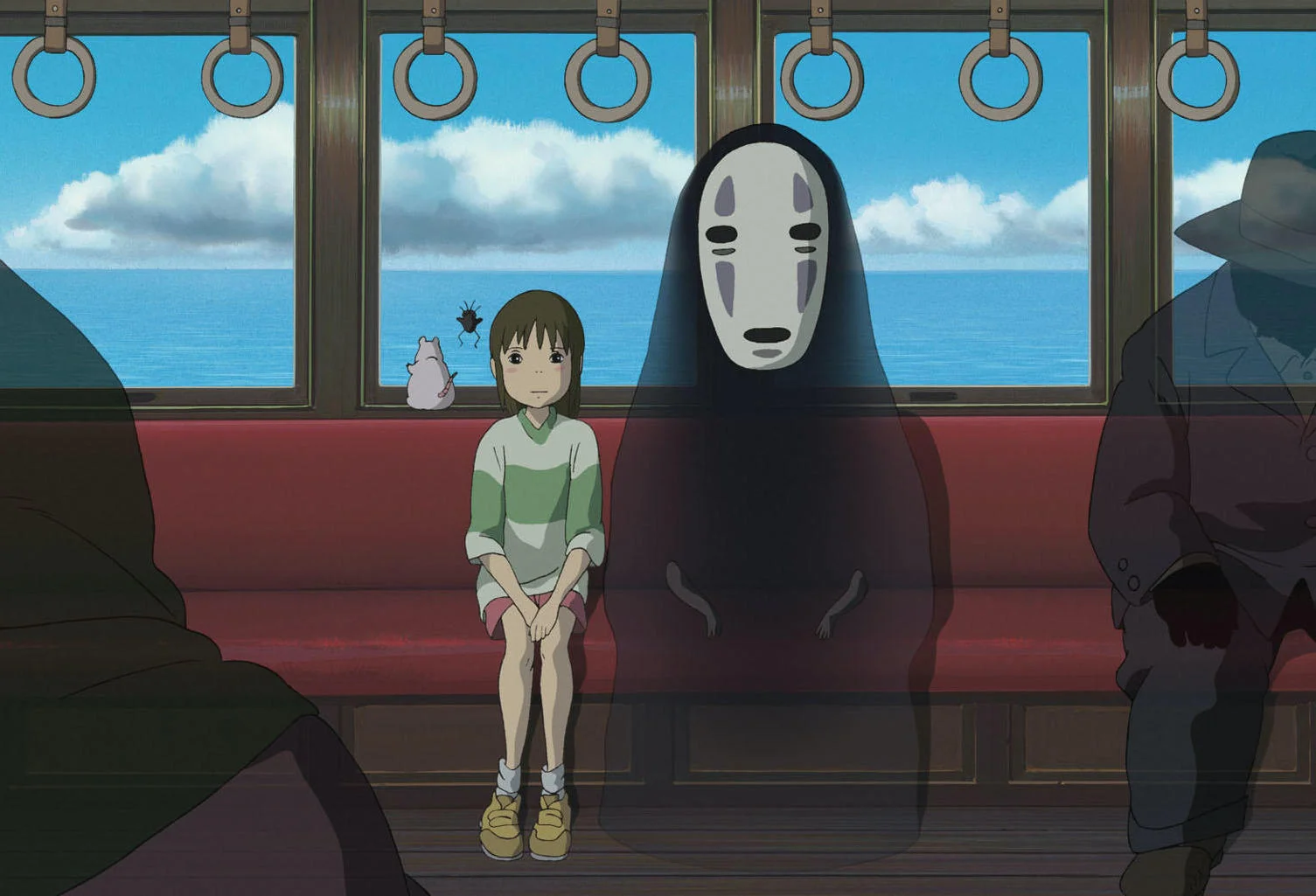Japanese cinema has a rich history filled with influential films. For those new to this world, starting with some classics is the best approach. Here’s a guide to must-watch Japanese films that offer a glimpse into the country’s cinematic legacy.
1. “Rashomon” (1950)
Akira Kurosawa’s “Rashomon” is a pivotal film in Japanese cinema. It explores the nature of truth through a multi-perspective narrative. This film introduced international audiences to Japanese filmmaking and set a standard for storytelling.
2. “Seven Samurai” (1954)
Another masterpiece by Akira Kurosawa, “Seven Samurai” is an epic tale of honor and courage. The film depicts a group of samurai hired to protect a village from bandits. This classic has influenced many films and genres worldwide.
3. “Tokyo Story” (1953)
Directed by Yasujirō Ozu, “Tokyo Story” is a profound drama about family and generational conflict. It tells the story of elderly parents visiting their grown children in Tokyo. This film is renowned for its simple yet deeply emotional storytelling.
4. “Ikiru” (1952)
“Ikiru,” also directed by Akira Kurosawa, offers a moving portrayal of a bureaucrat facing terminal illness. The film explores themes of life’s meaning and personal fulfillment. It is a powerful and introspective work that resonates with many viewers.
5. “Spirited Away” (2001)
Hayao Miyazaki’s “Spirited Away” is a modern classic of Japanese animation. The film follows a young girl’s adventure in a magical world. It won the Academy Award for Best Animated Feature and remains a favorite for its imaginative storytelling.
6. “Ugetsu” (1953)
Directed by Kenji Mizoguchi, “Ugetsu” is a haunting tale set in feudal Japan. The film combines historical drama with supernatural elements. It offers a unique blend of visual beauty and narrative depth, making it a standout in Japanese cinema.
7. “Hara-Kiri” (1962)
“Hara-Kiri” by Masaki Kobayashi is a powerful critique of the samurai code. It tells the story of a samurai who challenges the rigid honor system. The film’s intense drama and social commentary make it a must-watch.
8. “The Ballad of Narayama” (1958)
Directed by Keisuke Kinoshita, “The Ballad of Narayama” explores the harsh customs of rural Japan. The film tells the story of an elderly woman’s journey to the mountain where the elderly are left to die. It offers a stark look at tradition and sacrifice.
9. “Battle Royale” (2000)
“Battle Royale” by Kinji Fukasaku is a controversial and gripping film. It depicts a dystopian future where students are forced to fight to the death. This film’s intense action and social critique make it a significant work in Japanese cinema.

10. “Kiki’s Delivery Service” (1989)
Another gem from Hayao Miyazaki, “Kiki’s Delivery Service” follows a young witch starting her own business. The film is charming and whimsical, offering a delightful exploration of independence and self-discovery.
Conclusion
These films provide a comprehensive introduction to Japanese cinema. From Akira Kurosawa’s historical epics to Hayao Miyazaki’s enchanting animations, each movie offers something unique. By watching these classics, you’ll gain a deeper appreciation for the artistry and storytelling in Japanese films. Start with these must-watch classics and embark on a cinematic journey through Japan’s rich film history.










